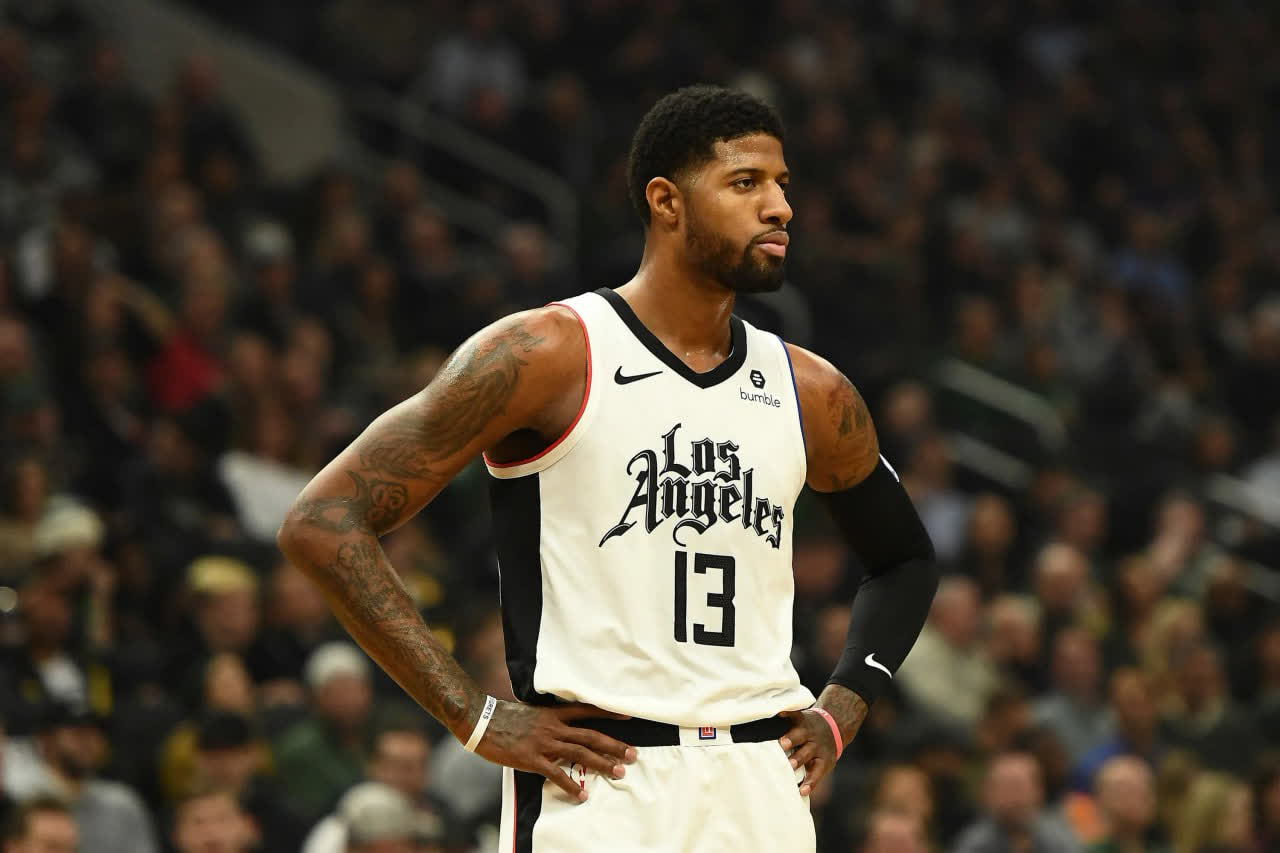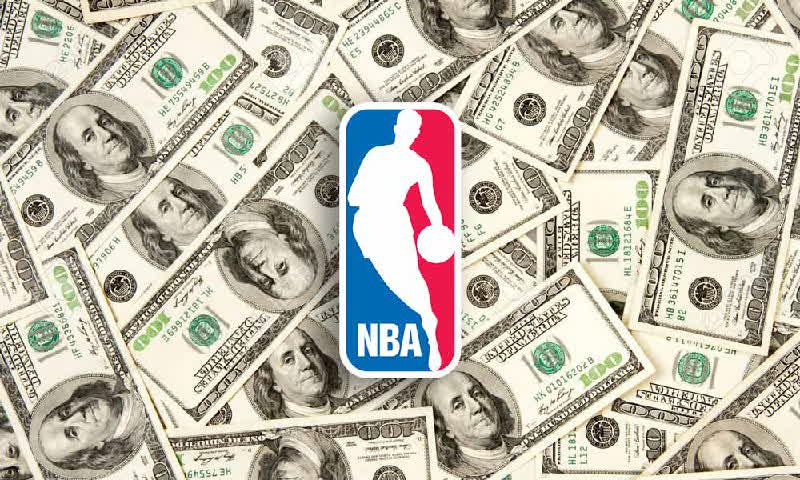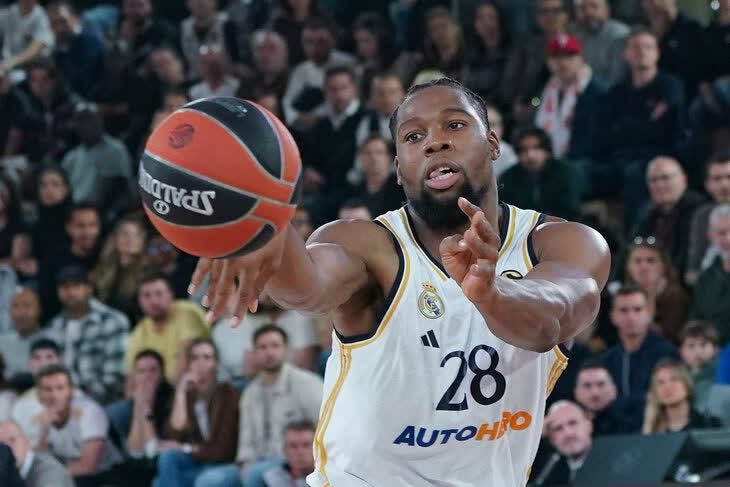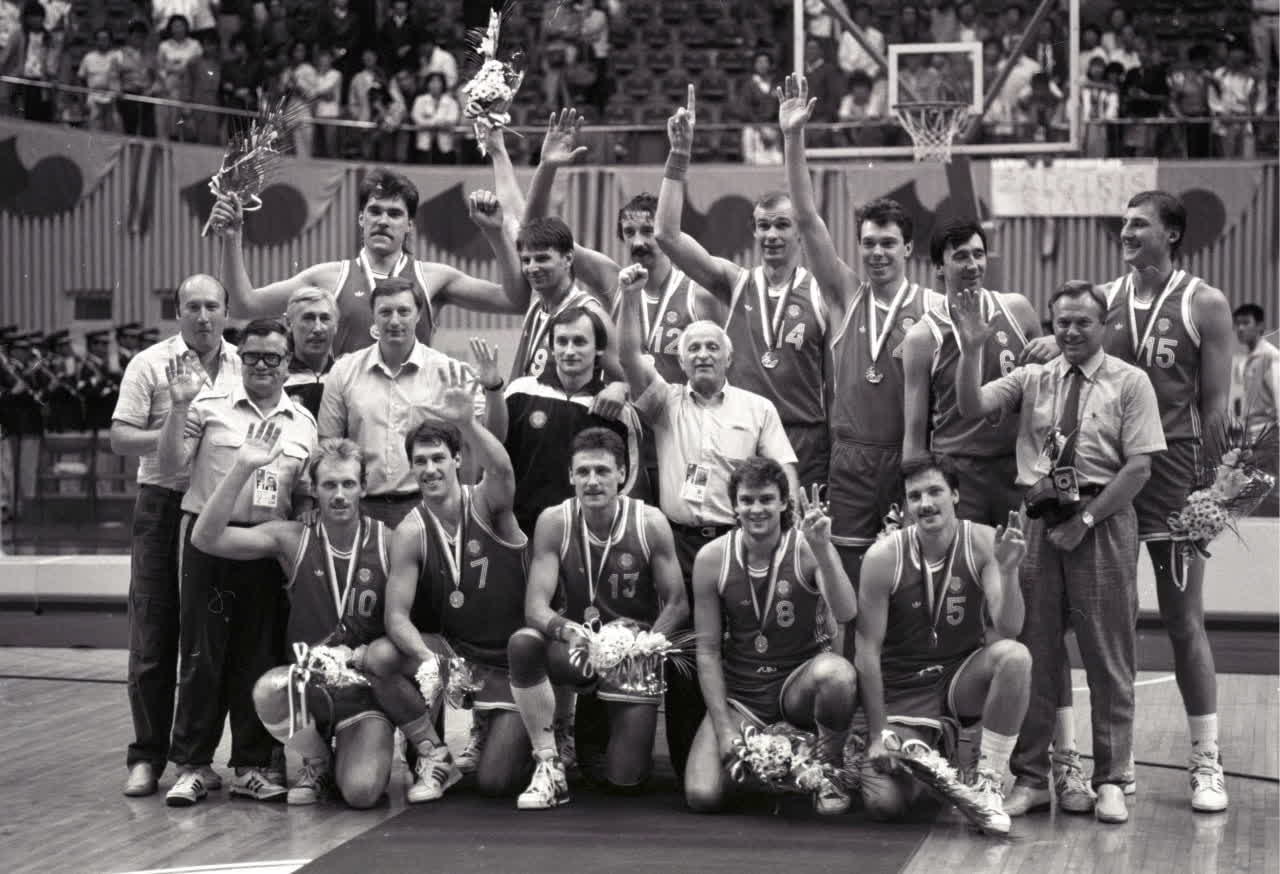Paul George’s journey with the Clippers and his subsequent departure highlights the complexities of professional sports and loyalty. His initial statements about being a Clippers fan and wanting to finish his career with them seem to clash with his later criticisms and departure from the team. This discrepancy can certainly be seen as a form of betrayal, especially from the perspective of fans who took his words at face value.
George’s comments about the Clippers being a “B team” and his dissatisfaction with their contract offer reflect his shifting priorities and frustrations. It’s not uncommon for athletes to have complicated relationships with the teams they play for, and financial considerations often play a significant role. The tension between George’s expressed love for the Clippers and his decision to leave when the financial terms didn’t meet his expectations underscores the business nature of professional sports.
The way George spoke about the Clippers in his early years with them—emphasizing his long-time fandom and admiration for players from the past—seems to have been part of a strategy to endear himself to the team and its fans. However, when reality set in, including contract negotiations and the team’s performance, his sentiments shifted. This shift highlights a broader reality in sports: personal and professional interests often conflict, and loyalty is frequently tested by financial and strategic decisions.
George’s situation is indeed emblematic of the modern sports environment, where loyalty to a team can be easily overshadowed by business considerations. His departure from the Clippers and his subsequent praise of the Sixers is a reminder that in professional sports, allegiances can be fluid, and personal interests often take precedence over past commitments.
For fans and analysts, this is a nuanced situation. On one hand, George’s change in attitude and departure can be seen as a betrayal of the loyalty he once expressed. On the other hand, it reflects the reality of professional sports, where players’ careers and financial well-being are paramount. It’s also worth noting that George’s comments about wanting to finish his career with the Clippers were made under different circumstances, and his departure might have been driven by practical considerations rather than a complete reversal of his earlier sentiments.
In the end, Paul George’s experience illustrates how professional sports can complicate personal narratives, and how the business side of the game often overshadows romanticized notions of loyalty and fandom.



